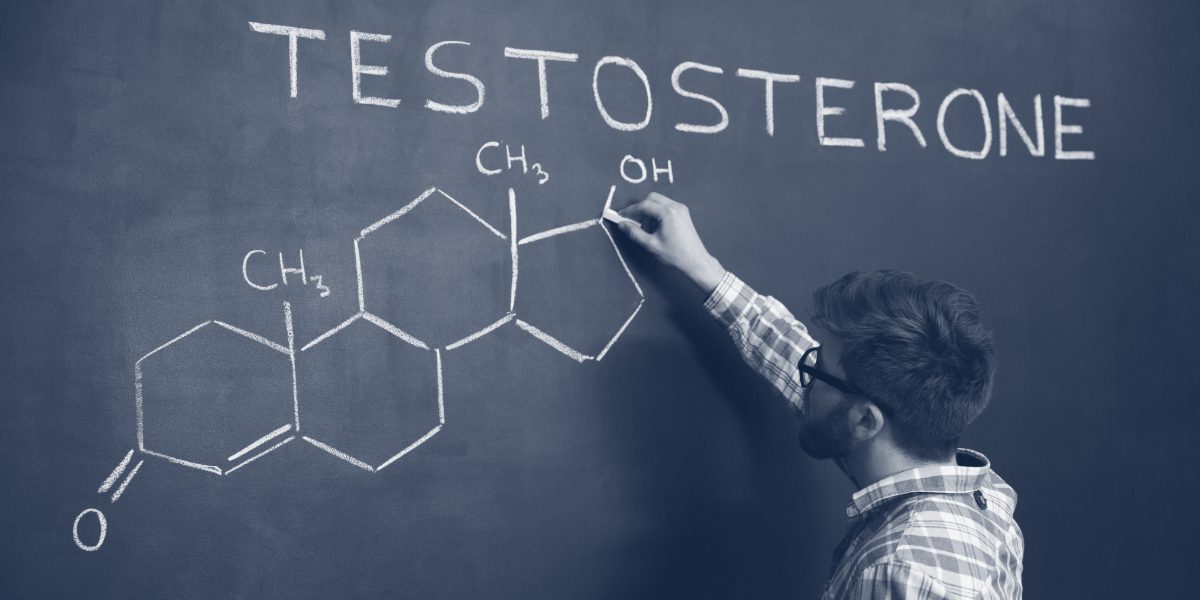Testosterone 101: The Essential Guide to Men’s Power Hormone
Are you feeling like you’re not quite at your best? It’s possible that your testosterone levels might be playing a role. Testosterone is an essential hormone in men, influencing various aspects of health and well-being. Understanding its impact can help you unlock a healthier, more vibrant life.
Let’s explore how testosterone affects men’s health across different domains:
- The Puberty Powerhouse: Testosterone is a key player during puberty in men. It’s responsible for developing male characteristics such as facial and body hair, a deeper voice, and the growth of reproductive organs. Beyond these physical changes, testosterone is crucial for maintaining sexual function and libido. A decrease in this hormone can lead to a reduced sex drive, highlighting the importance of balanced testosterone levels.
- Muscle and Bone Champion: For men aiming for a strong, muscular physique, testosterone is vital. It plays a significant role in muscle mass and strength development, enhancing protein synthesis for muscle building. Testosterone also maintains bone density, protecting against osteoporosis, and aids in the production of red blood cells, essential for sustaining energy levels.
- Mood and Mind Manager: Testosterone significantly influences mood and cognitive function in men. Low levels can lead to fatigue, depression, and difficulty in concentrating. Keeping testosterone at the right levels is crucial for mental sharpness and emotional well-being.
- Metabolism Master and Body Shape Sculptor: Testosterone regulates metabolism and fat distribution in men, promoting lean body mass and reducing body fat. Low levels can lead to increased body fat and a higher chance of developing metabolic disorders like diabetes, making it important to monitor and manage testosterone levels.
- Heart Health Hero: This hormone also plays a role in cardiovascular health for men. Testosterone helps maintain healthy cholesterol levels, regulate blood pressure, and improve heart function. An increased risk of cardiovascular diseases is associated with low testosterone levels.
Age-Related Decline:
Testosterone levels naturally decline as men age, leading to various symptoms. If you’re experiencing signs of low testosterone, consulting with a healthcare professional is advisable. They can provide a diagnosis and recommend the best course of action.
In summary, testosterone is a crucial element of men’s health, affecting everything from physical appearance to mood, metabolism, and heart health. If you suspect your testosterone levels might be impacting your health, don’t hesitate to seek professional advice.
At TRT Nation, we’re committed to helping you navigate these challenges. Enroll in Testosterone Replacement Therapy and discover how we can assist you in achieving optimal health. Together, we can tackle this journey toward well-being! 💪🌟


